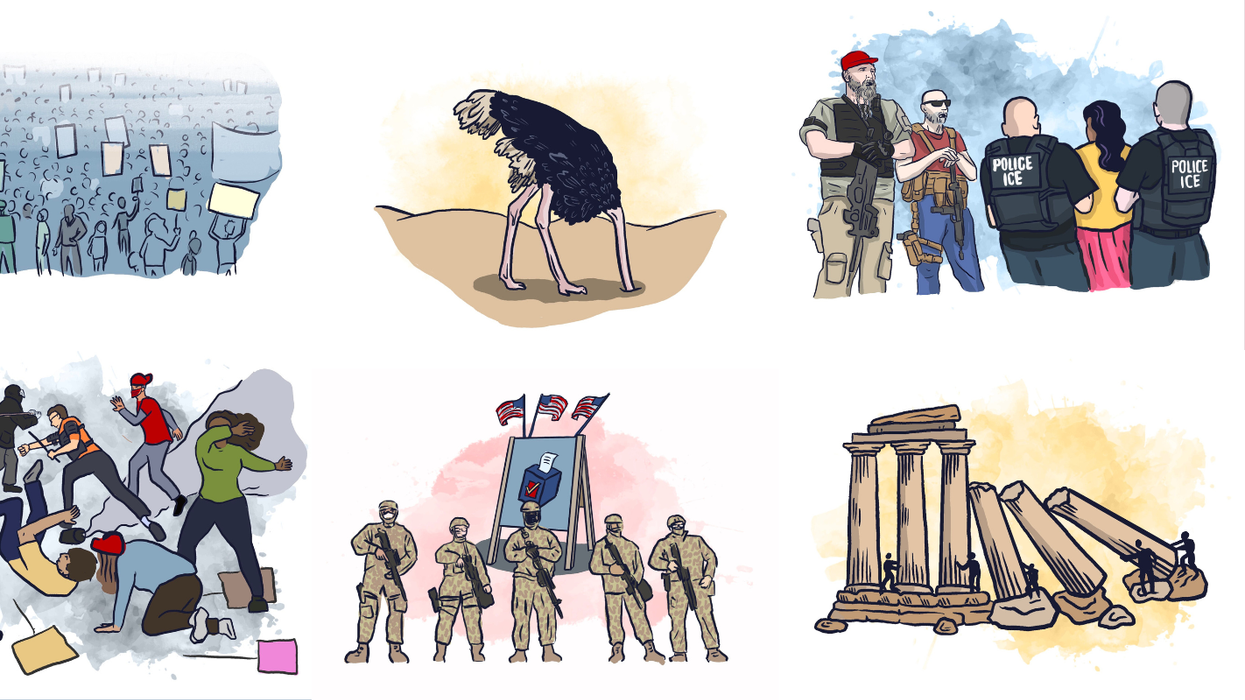Becvar is co-publisher of The Fulcrum and executive director of the Bridge Alliance Education Fund, the parent organization of The Fulcrum.
As we approach the 2024 presidential election, now less than five months away, the nation is enveloped in a climate of urgency and concern. Conversations around kitchen tables, in boardrooms and across social media platforms are dominated by a palpable anxiety about the future of our democracy. This election feels different because it is different — marked by deep polarization, misinformation and a growing distrust in our electoral processes.
Americans are deeply worried about the integrity of the upcoming election. Concerns range from the potential for foreign interference to the spreading of false information online and from the fairness of the electoral process to the specter of voter suppression. This pervasive anxiety is taking its toll, and many of us are struggling with feelings of instability, loss of control and unpredictability. One helpful technique for managing these feelings is “decatastrophizing,” a cognitive behavioral therapy method that involves challenging and reframing catastrophic thoughts. By asking yourself, “What’s the worst that could happen?” and then balancing it with the most likely and best-case scenarios, you can bring clarity to your thoughts and reduce anxiety. This technique helps us realize that the worst-case scenario is often less probable than it seems when it’s just running through our minds.
Reflecting on this, I recall how much I enjoyed the “Choose Your Own Adventure” books as a child. These books offered a way to face the unknown and explore various outcomes, which reminds me of the importance of proactive thinking in uncertain times. This week, I came across a resource shared by multiple people in our community from Choose Democracy. Its tool, styled as a “Choose Your Own Adventure,” asks, “ What If Trump (or Biden) Wins? ” and offers scenario-planning tools and resources to help individuals and organizations prepare for potential election outcomes.
The interactive adventure explores different paths of resistance and their impacts on democracy, featuring interviews, strategy articles and facilitator guides for scenario planning. While it’s framed with specific assumptions about behavior consistent with Trump’s past actions and stated plans, it is not a tool that addresses all predictions or concerns. However, people have offered feedback that walking through these scenarios serves as a reminder to stay focused on resilience and action. Regardless of the election outcome, our work towards a healthy democratic society continues beyond 2024.
As we prepare for the upcoming months, remember that proactive thinking and preparation can help mitigate feelings of helplessness. Our commitment to a healthy democratic society will persist, reinforcing the importance of staying engaged, informed and resilient in the face of challenges.




















